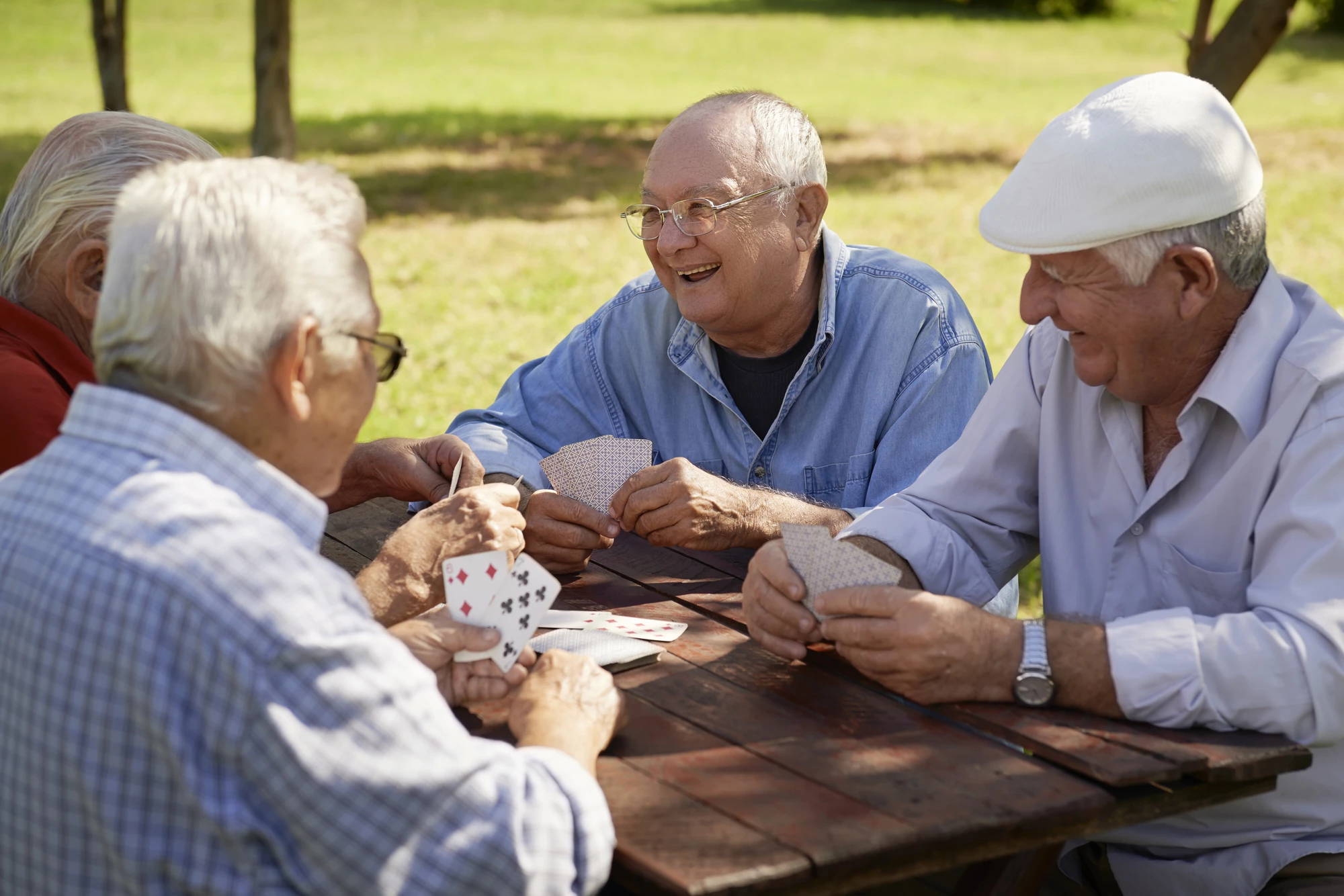With the incidence of dementia on the rise, it’s important for older adults to do what they can to prevent or delay the onset of the disease. A new study has found that some everyday activities are more beneficial than others in maintaining brain health.
In 2020, over 55 million people worldwide were living with dementia. And, with more than 10 million new cases yearly, that number is increasing. While researchers continue working on treatments and potential cures, it’s worth focusing on activities that can reduce the risk of developing this debilitating disease.
In a new study by Monash University in Australia, researchers examined what everyday activities best lower dementia risk in older adults.
“We had a unique opportunity to close a gap in knowledge by investigating a broad range of lifestyle enrichment activities that older adults often undertake, and assess which of those were most strongly aligned with avoiding dementia,” said Joanne Ryan, the study’s corresponding author.
The researchers drew data from 10,318 Australians aged 70 and over participating in the Aspirin in Reducing Events in the Elderly (ASPREE) study and the ASPREE Longitudinal Study of Older Persons (ALSOP) sub-study. The participants lived in the community and did not have major cognitive impairments.
Information about what socially and mentally stimulating activities the participants engaged in was obtained via a questionnaire administered during the first year of the ASPREE trial. Questionnaire topics included adult literacy activities (adult education classes, using a computer, keeping a journal), mental acuity tasks (quizzes, crosswords, playing cards or chess), creative hobbies (woodwork, knitting, painting), more passive activities (reading, listening to music), social network activities such as meeting and interacting with family and friends, and outings to libraries, restaurants or cafes, museums and the like.
The researchers examined the association of 19 lifestyle enrichment measures with the risk of dementia. Models were adjusted for variables such as age, sex, race and ethnicity, education, socioeconomic status, smoking status and alcohol intake, body mass index (BMI), and existing medical illnesses such as diabetes and high blood pressure.
In terms of frequency of leisure activities, watching TV, listening to music or the radio, and reading were the most common, with more than 73.5% of participants reporting they did these activities. More than half (53.9%) reported always using computers; conversely, most (75.8%) never drew or painted.
The researchers found that increasing the frequency of participation in adult literacy – education classes, using computers, writing letters and journaling – was associated with an 11% reduction in dementia risk. More frequent participation in active mental activities such as playing games, cards, or chess and doing puzzles and crosswords was associated with a 9% reduction. Creative hobbies and passive mental activities conferred a 7% reduction in dementia risk. These associations were constant even when adjusting for variables such as education and socioeconomic status and were mostly consistent across sexes.
The researchers suggest that these activities involve proactive engagement, critical thinking, logical reasoning, and social interaction, leading to cognitive stimulation that can increase resilience against brain disorders. Doing active mental activities such as crosswords and puzzles, playing games, chess, or cards are often competitive in nature and involve complex strategies and problem-solving as well as providing social interaction.
Somewhat unexpectedly, the researchers found that the size of interpersonal networks and the frequency of social activities were not associated with dementia risk. Although, they say this shouldn’t stop people from seeking social connections if that’s what they enjoy.
“The participants were cognitively healthy, and were likely already leading socially active lives, such that the cognitive benefits of strong social networks may be less obvious in this group compared to the general public,” Ryan said.
The study provides a practical guide to the activities that are beneficial for continued brain health and may help older individuals and aged care professionals devise a targeted approach to reducing dementia risk, the researchers say.
“I think what our results tell us is that active manipulation of previously stored knowledge may play a greater role in dementia risk reduction than more passive recreational activities,” Ryan said. “Keeping the mind active and challenged may be particularly important.”
The study was published in the journal JAMA Network Open.
Source: Monash University





